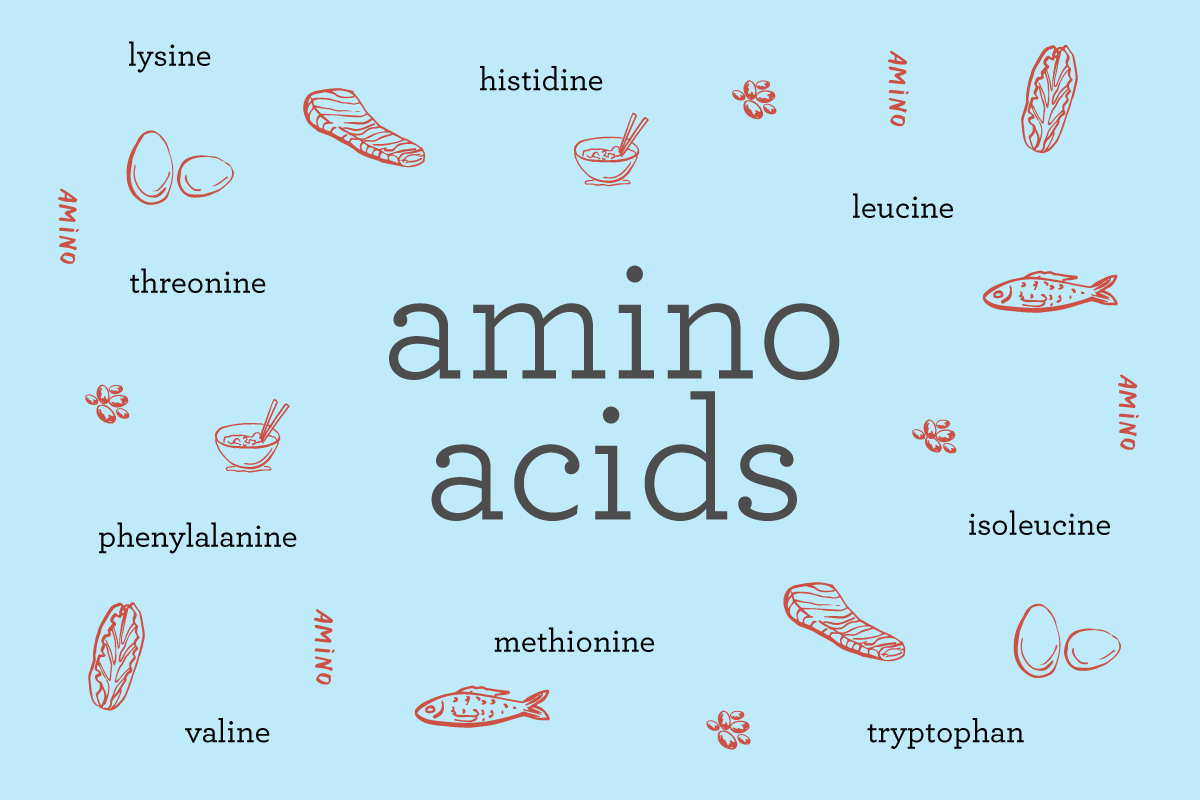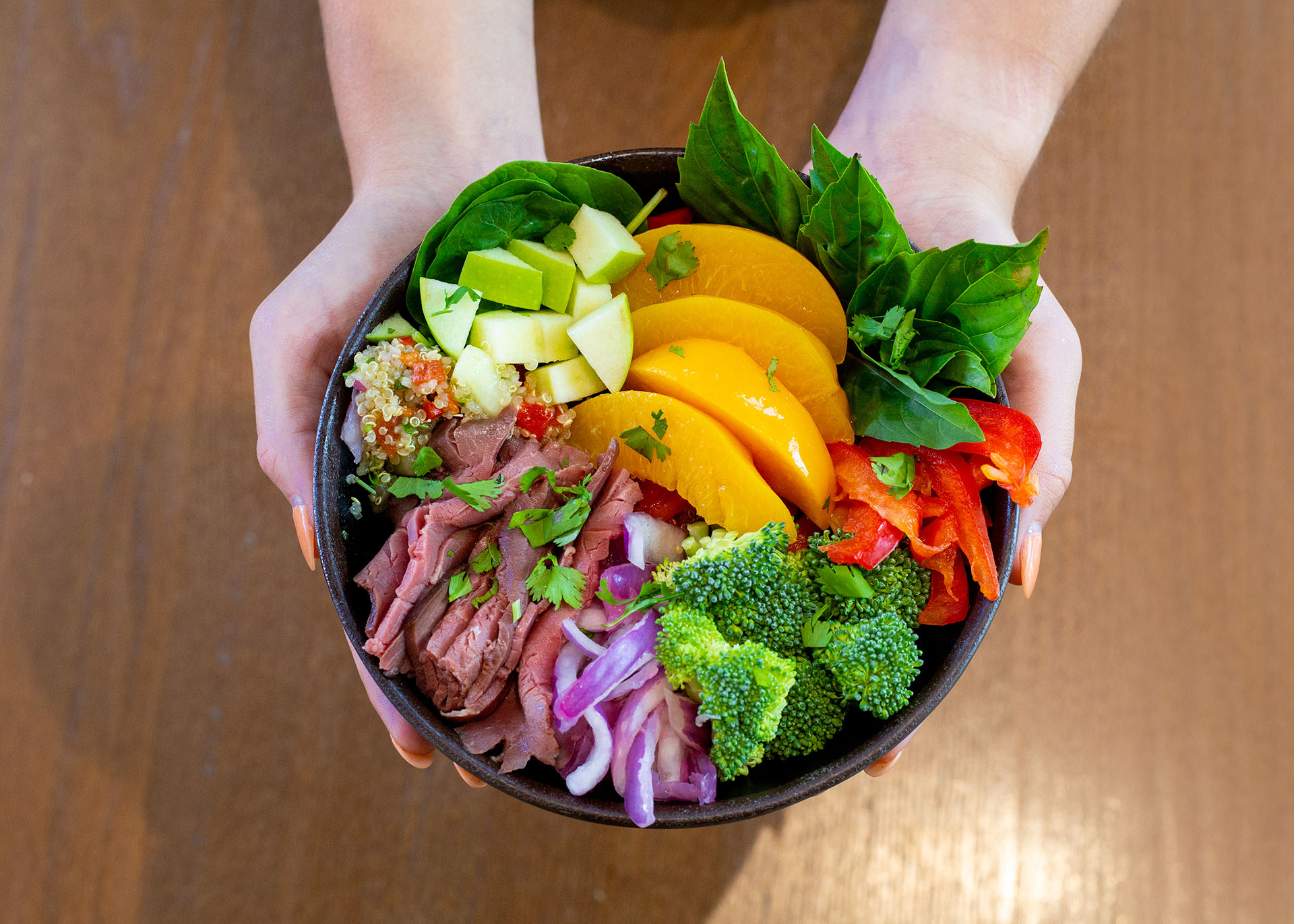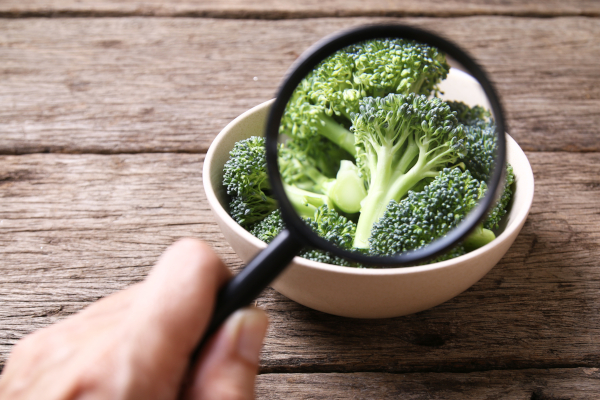10 Reasons Why Yeast Protein is the Future of Food Formulation
Yeast protein is rapidly becoming a preferred choice in food formulations due to its impressive nutritional profile, sustainability, and versatility. Here, we delve into ten reasons why yeast protein stands out as a superior protein source.

1. Trusted Fermentation Process Yeast protein is derived from a well-established fermentation process that has been used for centuries in the production of bread, beer, and wine. This familiarity provides consumers with a sense of safety and trust in its natural and clean production methods. The fermentation process is efficient and scalable, making it suitable for large-scale food production.

2. Exceptional Protein Content Yeast protein contains a high concentration of protein, with natural yeast providing around 49% protein content. This can be further concentrated to achieve levels as high as 75%, making it a potent source of protein for enhancing the nutritional value of various food products. This high protein content supports muscle growth and repair, making it ideal for health-conscious consumers and athletes.

3. Neutral Flavor Profile One of the major challenges with plant-based proteins is their strong, sometimes unpleasant flavors. Yeast protein, however, offers a neutral taste, which allows it to blend seamlessly into a wide range of food products without altering their intended flavors. This makes it a versatile ingredient in everything from savory dishes to sweet treats.

4. Complete Amino Acid Profile Yeast protein is a complete protein, meaning it contains all nine essential amino acids that the human body cannot synthesize on its own. It is particularly rich in leucine and lysine, amino acids that are crucial for protein synthesis and muscle recovery. This balanced amino acid profile ensures that yeast protein can effectively meet the dietary needs of consumers.

5. High Digestibility Yeast protein boasts a Protein Digestibility Corrected Amino Acid Score (PDCAAS) of 1.0, indicating that it is highly digestible and comparable to animal proteins like casein and egg white. This high digestibility ensures that the body can efficiently absorb and utilize the amino acids from yeast protein, maximizing its nutritional benefits.

6. Suitable for Diverse Diets As a fungi-derived protein, yeast protein is inherently suitable for vegan, vegetarian, and flexitarian diets. Its complete amino acid profile and rich nutrient content make it a valuable addition to plant-based diets, which can sometimes lack certain essential nutrients. Additionally, yeast protein is hypoallergenic, making it a safe option for those with food allergies.

7. Gluten-Free Yeast protein is naturally gluten-free, making it an excellent choice for individuals with celiac disease or gluten sensitivity. This inclusivity allows food manufacturers to develop gluten-free products without compromising on protein content or nutritional value, catering to a growing segment of health-conscious consumers.

8. Environmentally Sustainable The production of yeast protein is environmentally sustainable, requiring significantly less land, water, and energy compared to animal protein production. Yeast can be cultivated using simple, renewable resources, and its production generates minimal greenhouse gas emissions. This sustainable approach aligns with the increasing consumer demand for eco-friendly food options.

9. Clean Label Ingredient Yeast protein is a clean label ingredient, meaning it is derived from natural sources and free from artificial additives and preservatives. This appeals to consumers who are increasingly looking for products with simple, recognizable ingredients. The clean label aspect of yeast protein helps food manufacturers meet consumer demands for transparency and quality.

10. Halal, Kosher, and Non-GMO Yeast protein can be certified as Halal and Kosher, making it suitable for a wide range of dietary and religious requirements. Furthermore, it is produced from non-GMO yeast strains, addressing consumer concerns about genetically modified organisms and ensuring that the protein aligns with natural and organic product trends.
Yeast protein offers numerous advantages, from nutritional benefits to environmental sustainability and dietary inclusivity. Its clean flavor, high digestibility, and balanced amino acid profile make it an excellent choice for modern food formulations. As consumer demand for nutritious, sustainable, and versatile protein sources continues to grow, yeast protein stands out as a promising solution for the future of food.
Source: Biospringer
